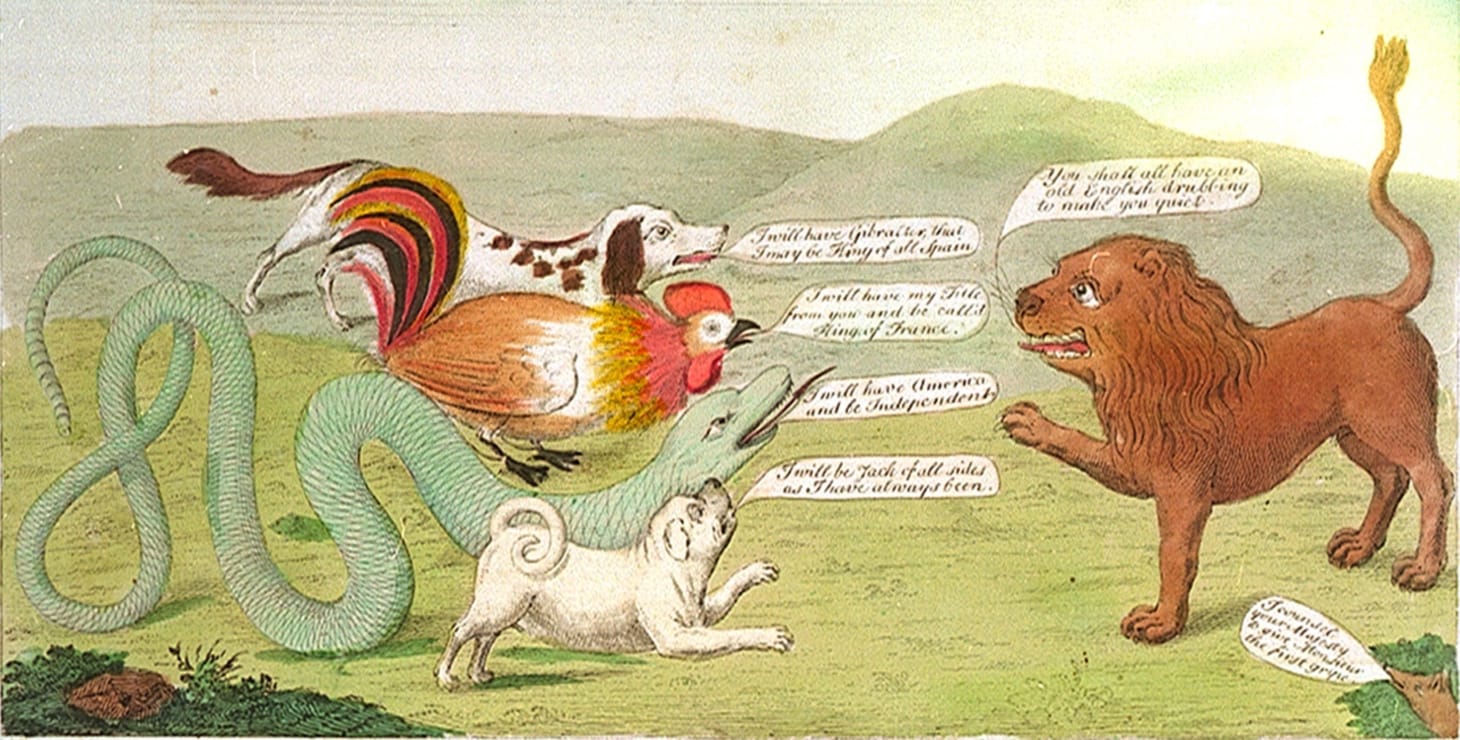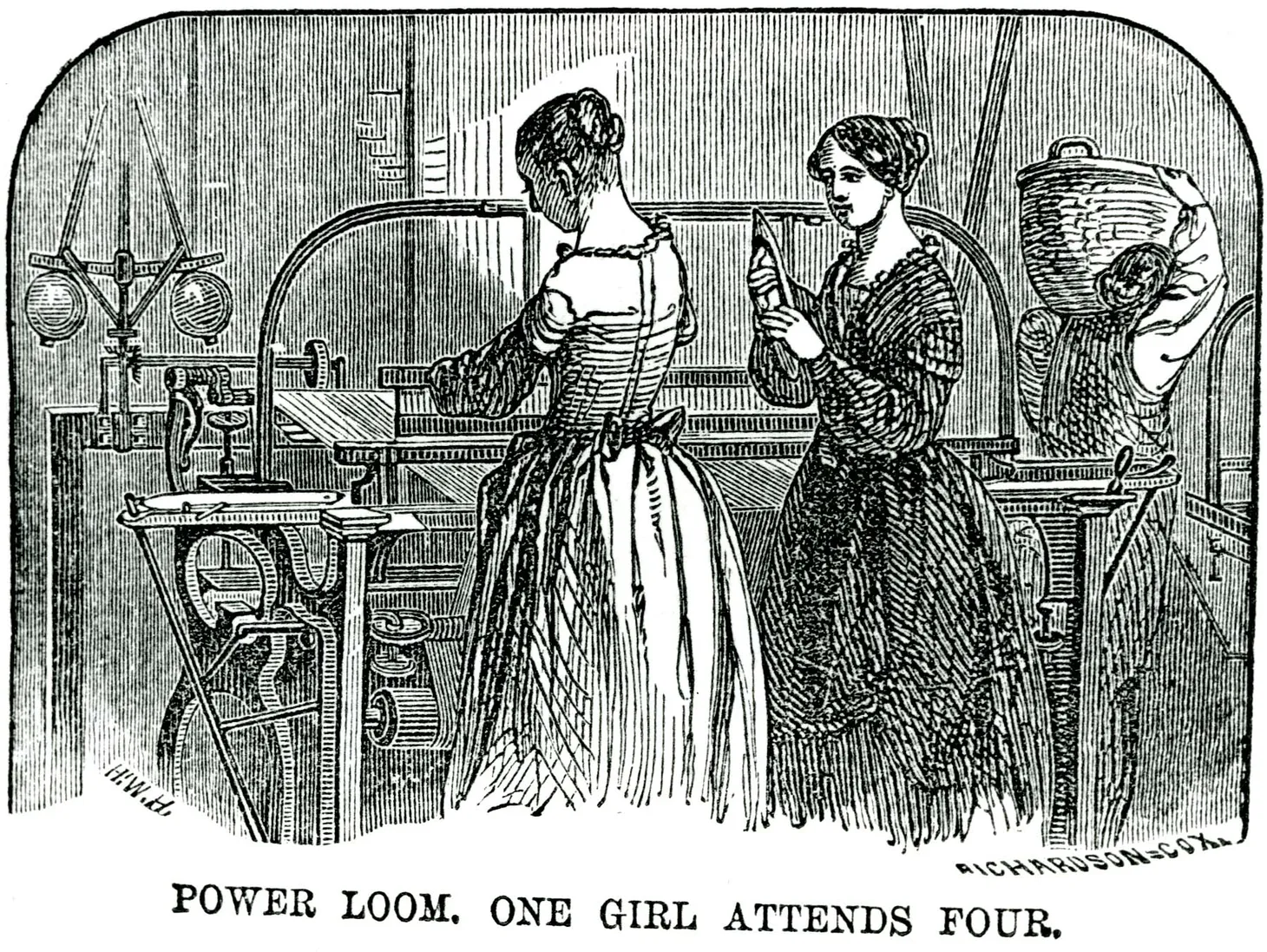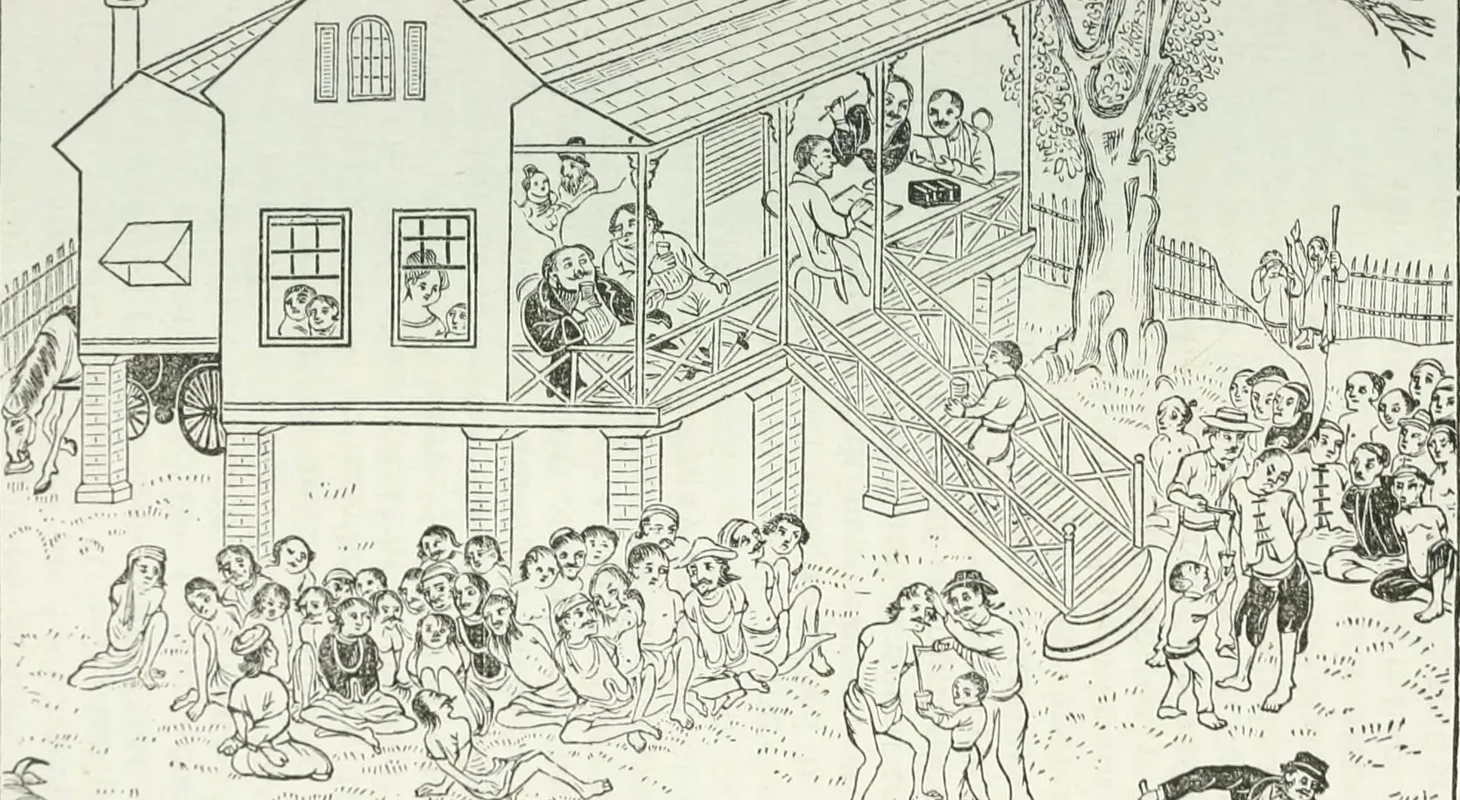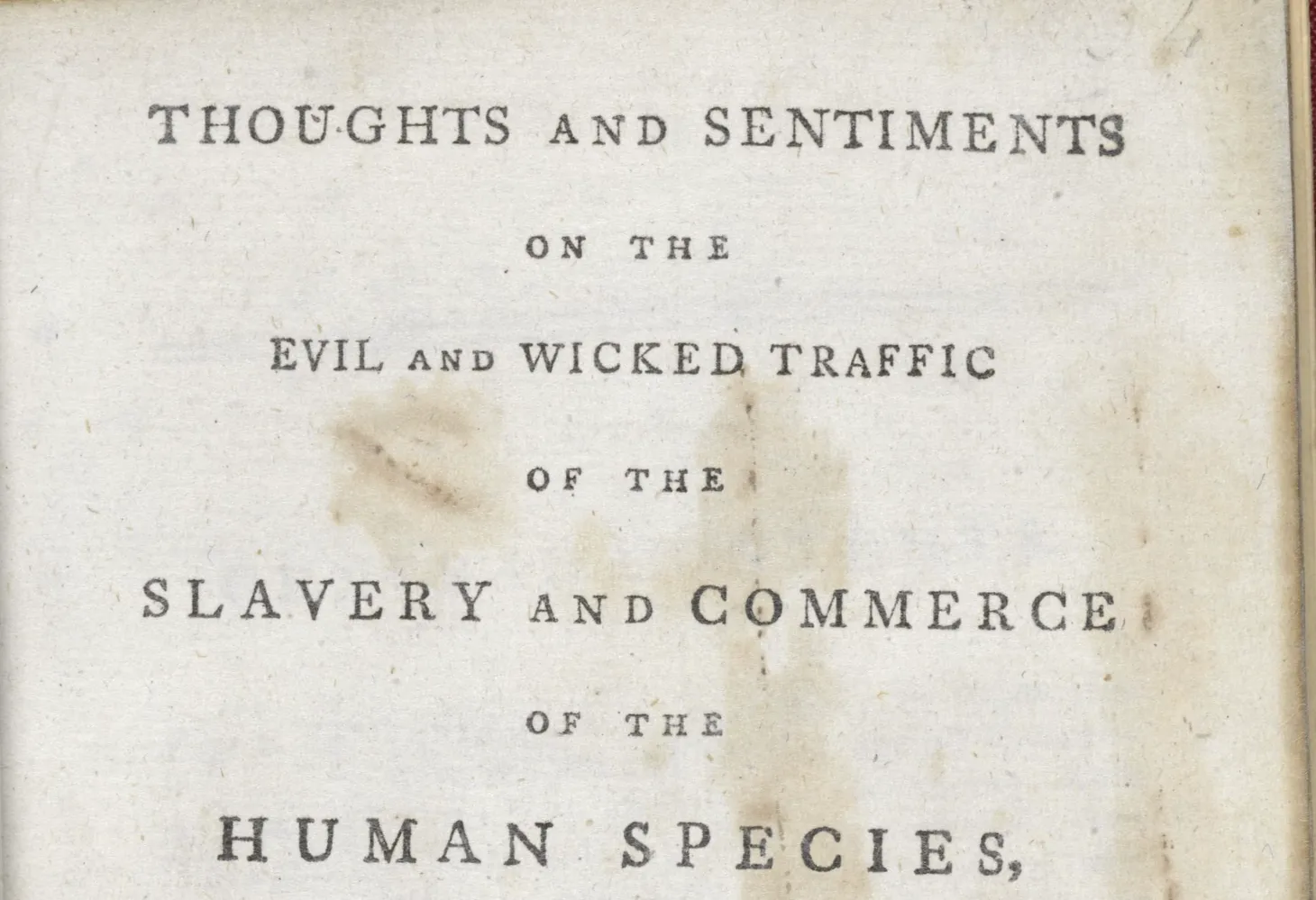“A Complete History of the American War”: A Global Approach to Teaching the American Revolution
A discussion of teaching the American Revolution from a global perspective

Teaching the American Revolution in world history courses can be surprisingly challenging for many teachers in the United States. We have grown up with a narrative about the war and why we won. Many teachers feel they need to squeeze all they know into just one class as part of the Atlantic Revolutions. It doesn’t help that many students think they already know this topic, so they’re expecting a familiar narrative.
We can take some solace from John Adams. In 1783, he wrote a letter to Antoine Marie Cerisier and reflected on the challenge of telling the history of the war:
It would require the whole of the longest life, to begin at twenty years of age, to assemble from all the nations and parts of the globe in which they are deposited, the documents requisite to form a compleat (complete) history of the American War, because it is nearly the history of mankind for the whole epoch of it — the history of France, Spain, England, Holland, and the neutral Powers, as well as America are at least comprised in it. You must collect materials from all these nations.
What I find most revealing about his quote is that he acknowledges the need to include all the participants in the war. Students often don’t realize or forget that the American Revolution wasn’t just Americans fighting the British. It was a global war that was part of a much longer conflict between the British, the French, and their many allies. We should reframe how we teach the American Revolution in world history courses. Instead of repeating a well-worn and problematic American national narrative, we can emphasize how the war was part of a global struggle.
The Global Context of the American Revolution
This content is for Paid Members
Unlock full access to Liberating Narratives and see the entire library of members-only content.
SubscribeAlready have an account? Log in



